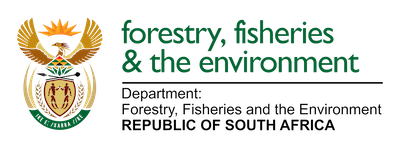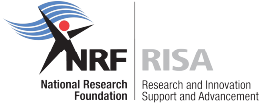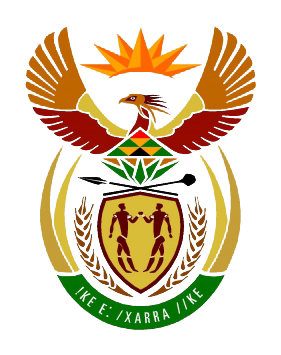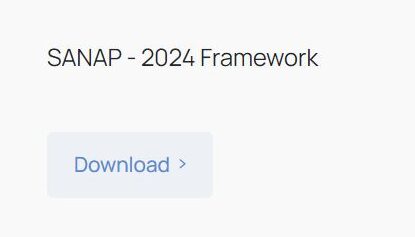
by Ria Olivier | Apr 20, 2023 | Announcement, Antarctica, Prince Edward Island, Research, SA Agulhas II, SANAE IV, Science, Southern Ocean, sub-Antarctic
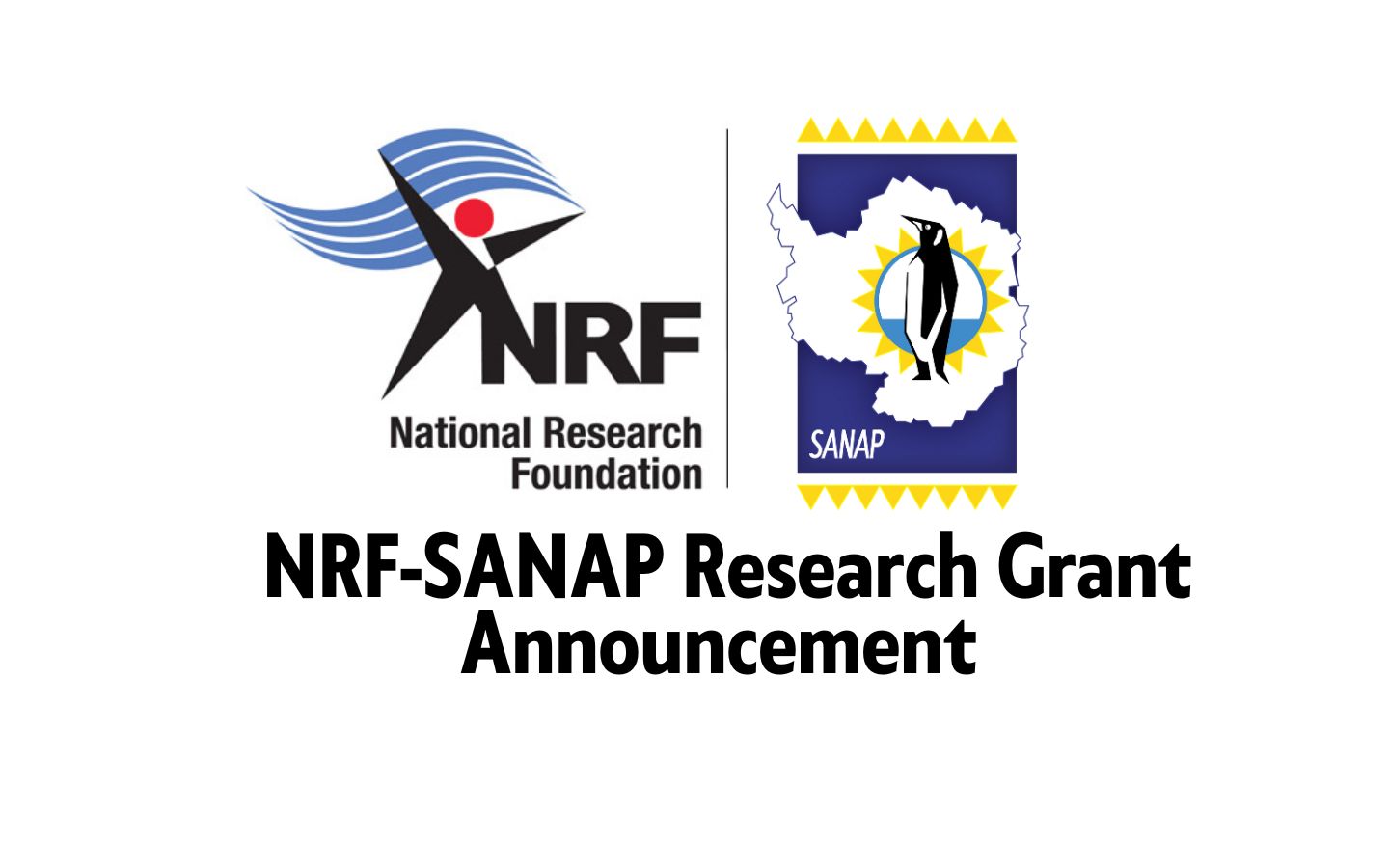
The NRF-SANAP Funding call is now open!
Click on the link below to access the submission portal.
Have you registered on NRF Connect?
Submission deadline: 15 June 2023
Important Documents – as indicated on the NRF website
(Please click on the images below to open the various documents)
Anche Louw, South African Polar Research Infrastructure (SAPRI DPS Node), 20 April 2023
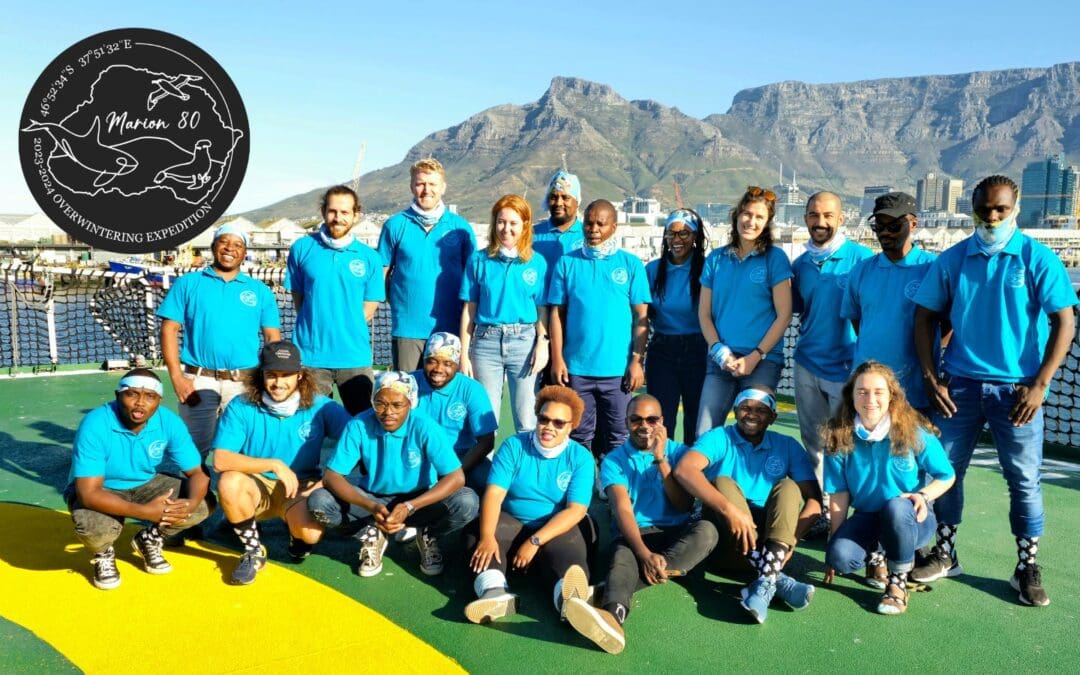
by Ria Olivier | Apr 19, 2023 | Marion Island, News, Overwintering Team, Prince Edward Islands, SA Agulhas II, SANAP, Science, Southern Ocean, Stations, Team Photo
The S.A. Agulhas II is on her final stretch of the first oceanographic leg to the sub-Antarctic Marion Island. The voyage has been overall calm, with easy and moderately sea and swells, reaching no more than 3 meters, in the past two days.
The 80th Marion Island overwintering team and land-based takeover personnel will soon reach their destination. The takeover is packed with scientific objectives, for both land and ship-based science groups, which will be shared over the next few weeks.
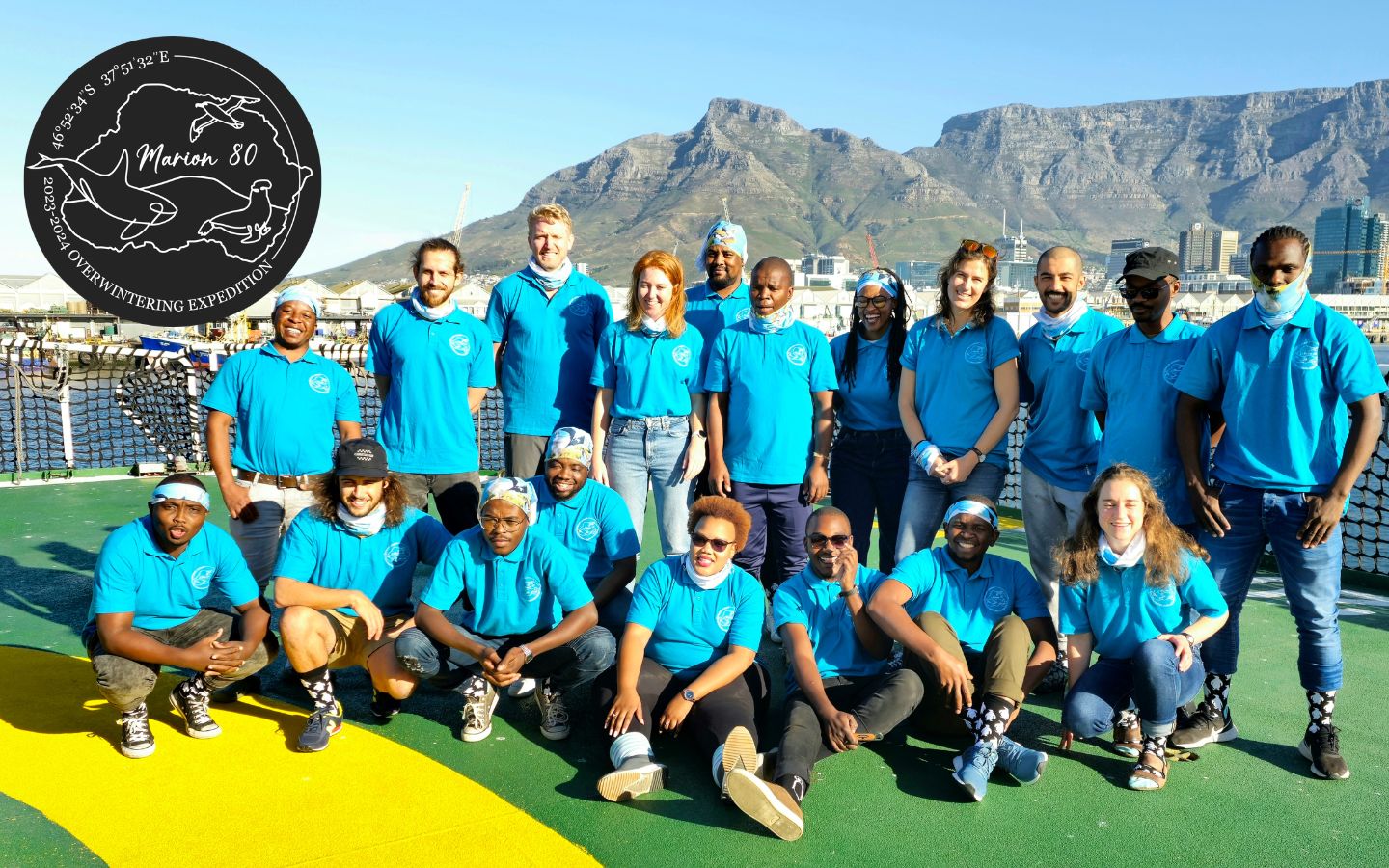
S.A. Agulhas II - Marion Island Voyage 057
| Departure: Port of Cape Town to Marion Island | Evening of 15 April 2023 |
| Expected time of arrival: Marion Island | Evening of 19 April 2023 |
| S.A. Agulhas II last communicated position (18 April 2023, 23:59) | LAT: 40° 40.6' S
LONG: 27° 45.5' E |
| Destination: Marion Island | LAT: 44° 9.1' S
LONG: 33° 22.7' E |
| Number of passengers on board | 89 passengers |
Message to the overwintering team:
May your team work hard together, take time for celebrations and grow together as a team. We wish you all the best. May you find plenty of happiness and fulfillment during your year in the sub-Antarctic!
80th Marion Island overwintering team
| Team Member | Position on M80 | Affiliation |
| Ndaedzo Nthulani | Assistant Meteorological Technician | SAWS |
| Dylan Seaton | Field Assistant: Sealer | MIMMP (UP) |
| Christopher Jones | Field Assistant: Birder | MAPRU (NMU) |
| Michelle Risi | Field Assistant: Birder | MAPRU (NMU) |
| Treasure Thobatsi | Communications Technician | DFFE |
| Gumede Mbekezeli | Electrical Technician | DFFE |
| Nikitha Fikizolo | Chef | DFFE |
| Tamara Eggeling | Field Assistant: Sealer/Killer Whaler | MIMMP (UP) |
| Zafar Monier | Field Assistant: Sealer | MIMMP (UP) |
| Kuhle Mbalane | Assistant Environmental Control Officer | DFFE |
| Mfezeko Rataza | Electronic Engineer | SANSA |
| Keith Odwa Obose | Assistant Meteorological Technician | SAWS |
| Kyle Maurer | Field Assistant: Birder | DFFE (Oceans & Coasts) |
| Mpumelelo Mabutyana | Field Assistant: Birder | DFFE (Oceans & Coasts) |
| Collen Nkadimeng | Diesel Mechanic | DFFE |
| Kelebogile Mogotsi | Senior Meteorological Technician | SAWS |
| Nkateko Maholobela | Environmental Control Officer | DFFE |
| Sandile Nkebe | Medical Orderly & Team Leader) | DFFE |
| Camilla Smyth | Field Assistant | Mouse-free Marion |
Photo caption: Marion80. Photo taken on the heli deck on board the S.A. Agulhas II. Back (L-R) Ndaedzo Nthulani, Dylan Seaton, Christopher Jones, Michelle Risi, Treasure Thobatsi, Gumede Mbekezeli, Nikitha Fikizolo, Tamara Eggeling, Zafar Monier, Kuhle Mbalane, Mfezeko Rataza; (front) Keith Odwa Obose, Kyle Maurer, Mpumelelo Mabutyana, Collen Nkadimeng, Kelebogile Mogotsi, Nkateko Maholobela, Sandile Nkebe and Camilla Smyth.
Photo credit: Christopher Jones and Michelle Risi
Anche Louw, South African Polar Research Infrastructure (SAPRI DPS Node), 19 April 2023
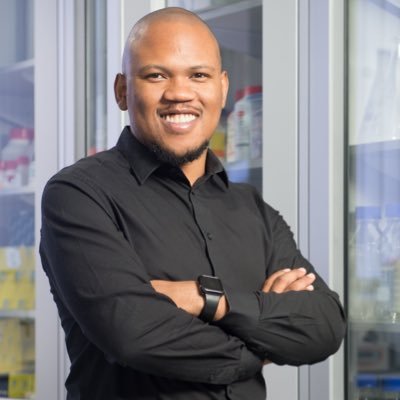
by Ria Olivier | Feb 24, 2023 | Announcement, Biogeochemistry, Environment, Microbiology, News, Research, SANAP, Science
Mayibongwe Buthelezi, a PhD student from University of Pretoria, is currently participating in the 30th Atlantic Meridional Transect cruise (AMT-30).
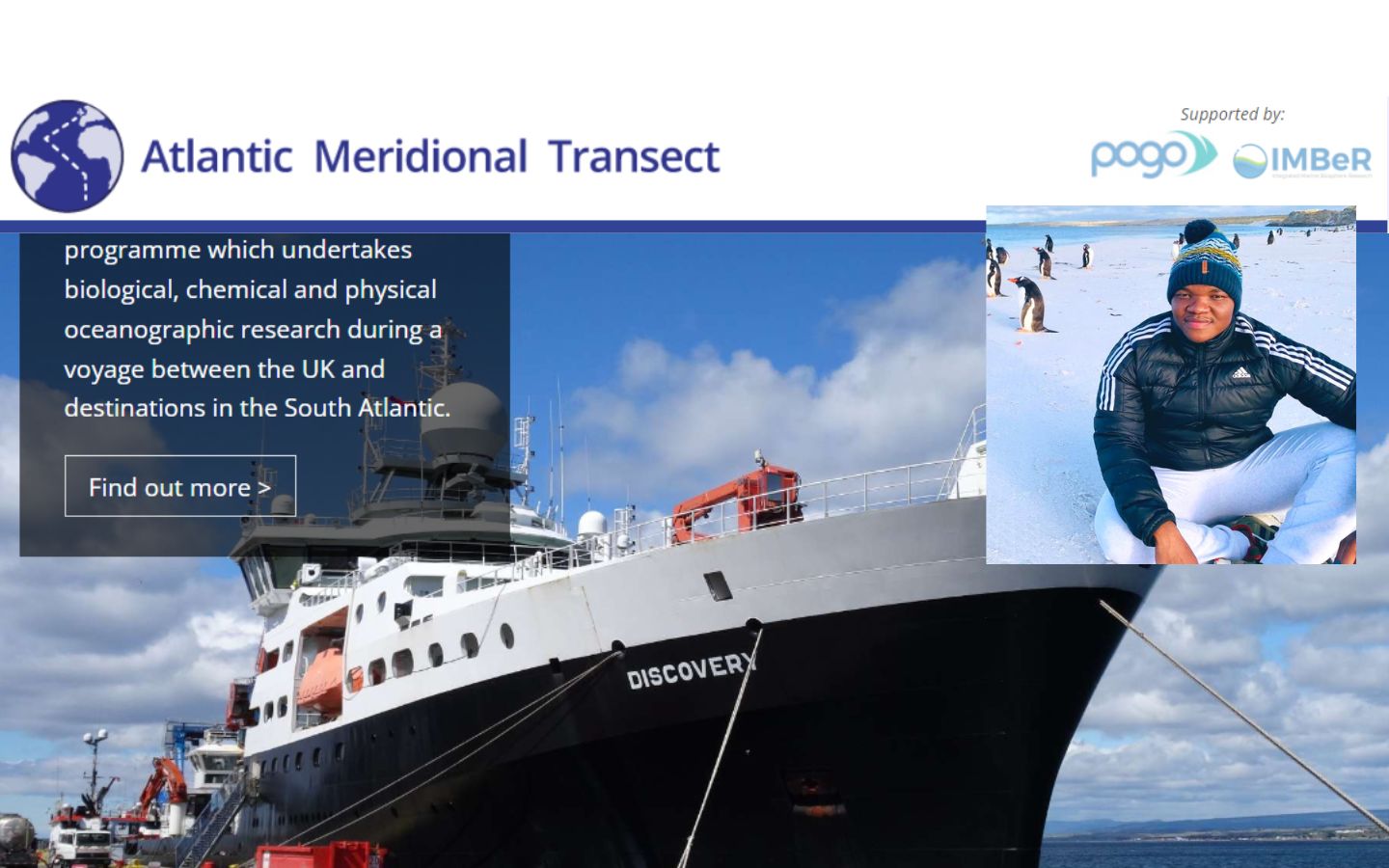
The AMT (Atlantic Meridional Transect) cruises are a series of research voyages conducted annually across the Atlantic Ocean, from the UK to the Caribbean, to study the ocean’s biogeochemistry, ecology, and physical properties. The cruises are multidisciplinary and include scientists from around the world. As part of the cruise, samples are collected at multiple depths and locations along the transect (read more about AMT here and here).

SANAP Project Involved: Enhanced insights regarding the ecology, evolution and function of marine microbiomes
Project Principal Investigator: Prof Thulani P. Makhalanyane
The South African Research Chairs Initiative (SARChI) Chair in Marine Microbiomics has a SANAP funded project focused on understanding microbiomes in the Southern Ocean and South Atlantic. The project titled “Enhanced insights regarding the ecology, evolution and function of marine microbiomes.” As part of this project, we have initiated a series of collaborative activities to access and join international cruises through the EU funded AtlantECO program.
Mayibongwe Butlelezi, a NRF/SANAP funded PhD student from the University of Pretoria, was selected to join this 6-week cruise aboard the Discovery. AMT30 has departed from the Falkland Islands on 21 February 2023. As far as we know, Mayi is the sole South African representee on the cruise. His project is focused on understanding the role played by marine microorganisms in the sulphur cycle. Specifically, Mayi will collect samples using protocols developed as part of the AtlantECO project to study microbiomes along the water column and to specifically quantify DMSP (Dimethylsulfoniopropionate).
Follow the work of Prof Makhalanyane and his team on Twitter:
 @microbiomeUP
@microbiomeUP
What’s happening on social media:
Text: Prof Thulani P. Makhalanyane, Department of Biochemistry, Genetics and Microbiology, University of Pretoria.
Images: amt-uk.org, @Thuls_M and @microbiomeUP
Edited: Anche Louw, South African Polar Research Infrastructure (Data, Products & Society Node), 24 February 2023.
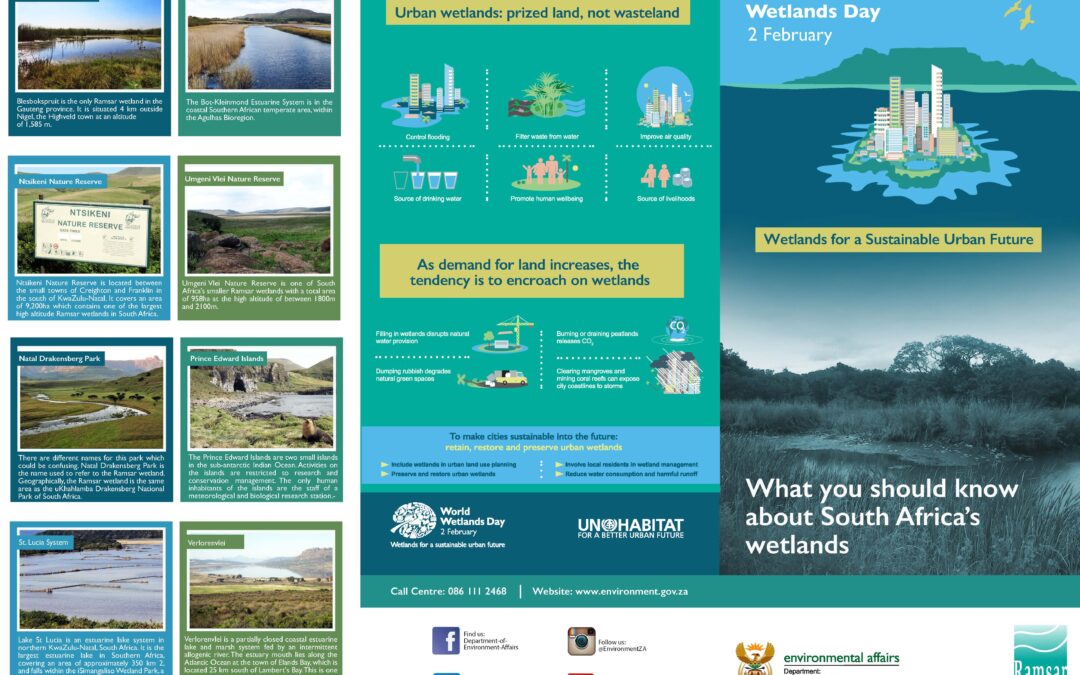
by Ria Olivier | Feb 2, 2023 | Commemorative Days, Current Event, Environment, International Days, Marine Protected Area, Marion Island, Mice Eradication, News, Prince Edward Island, Prince Edward Islands, SANAP, Science, Southern Ocean, sub-Antarctic
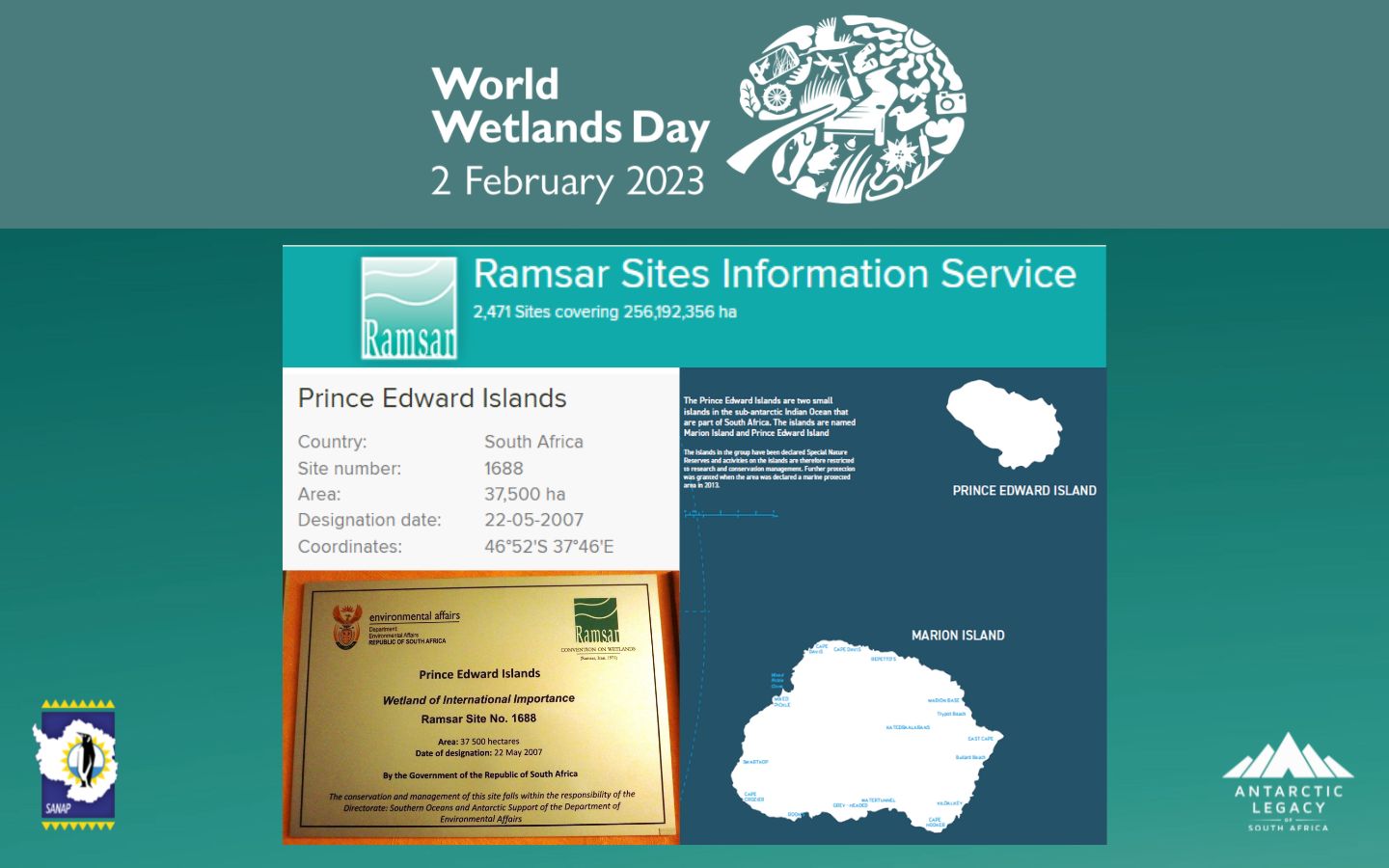 World Wetlands Day, is celebrated every year on 02 February. On this day, in 1971, the Convention on Wetlands of International Importance (Ramsar Convention) was signed in Ramsar, Iran.
World Wetlands Day, is celebrated every year on 02 February. On this day, in 1971, the Convention on Wetlands of International Importance (Ramsar Convention) was signed in Ramsar, Iran.
World Wetlands Day is celebrated to to “raise awareness and understanding of what wetlands are and how we can contribute towards restoring them through making conscious choices, becoming persuasive voices and taking bold actions” (read more here).
What is a wetland?
A wetland is defined as the land which is transitional between terrestrial and aquatic systems where the water table is usually at or near the
surface, or the land is periodically covered with shallow water, and which land in normal circumstances supports or would support vegetation typically adapted to life in saturated soil (1).
Why is wetland restoration so important? Listed below are a few benefits of wetland restoration:
- Enhanced biodiversity
- Improve water supply
- Store carbon
- Reduced impacts from flooding
- Improve livelihoods
- Enhance well–being
- Protection of agricultural resources (1; 2)
Is your role in wetland restoration important?
Yes! Our individual and collective actions have an impact (1).
What can you as individual do to help protect and preserve wetlands?
- Participate in programs that help protect and restore wetlands.
- Report illegal actions such as unauthorized wetland fill or dredging activities to government authorities
- Pick up litter and dispose in appropriate trash containers. Keep surface areas that wash into storm drains clean from pet waste, toxic chemicals, fertilizers and motor oil, which can eventually reach and impair our wetlands.
- Use native species when planting trees, shrubs and flowers to preserve the ecological balance of local wetlands.
- Avoid wetland when you are expanding your house.
- Use phosphate-free laundry and dishwasher detergents. Phosphates encourage algae growth, which can suffocate aquatic life.
- Use non-toxic products for household cleaning and lawn and garden care. Never spray lawn and garden chemicals outside on a windy day or on a day that it might rain and wash the chemicals into waterways.
- Enjoy the scenic and recreational opportunities wetlands offer, while preserving their integrity for future generations by minimizing the use of heavy equipment and staying in designated visitor areas where available (3).
Did you know that the South African Prince Edward Islands (Prince Edward Island and Marion Island) is declared as Wetland of International Importance?
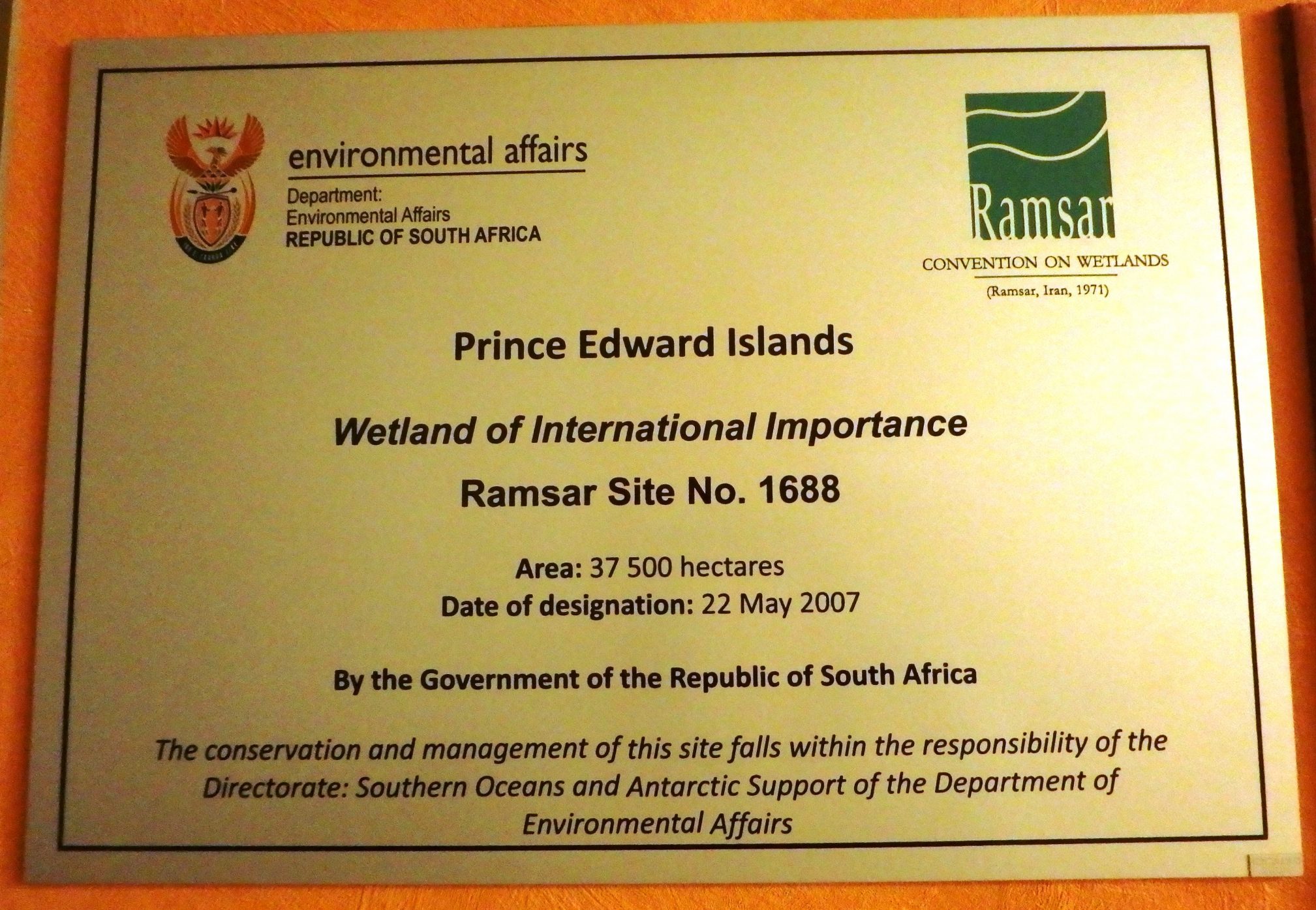 The Prince Edward Islands was declared Wetland of International Importance: Ramsar Site No.1688, on 22 May 2007. The conservation and management of this site falls within the responsibility of the Directorate: Southern Oceans and Antarctic Support of the Department of Forestry, Fisheries and the Environment.
The Prince Edward Islands was declared Wetland of International Importance: Ramsar Site No.1688, on 22 May 2007. The conservation and management of this site falls within the responsibility of the Directorate: Southern Oceans and Antarctic Support of the Department of Forestry, Fisheries and the Environment.
Want to know about wetlands in South Africa?
Click on the posters to enlarge.
What’s been happening on Social Media
Sources:
1- https://www.worldwetlandsday.org/
2- https://www.dffe.gov.za/event/international/wetlandsday2013
3- https://www.epa.gov/wetlands/what-you-can-do-protect-coastal-wetlands
4- https://rsis.ramsar.org/ris/1688
5- https://alp.lib.sun.ac.za/handle/123456789/15327
6- https://blogs.sun.ac.za/antarcticlegacy/event/world-wetlands-day/
Anche Louw, South African Polar Research Infrastructure, 02 February 2023.
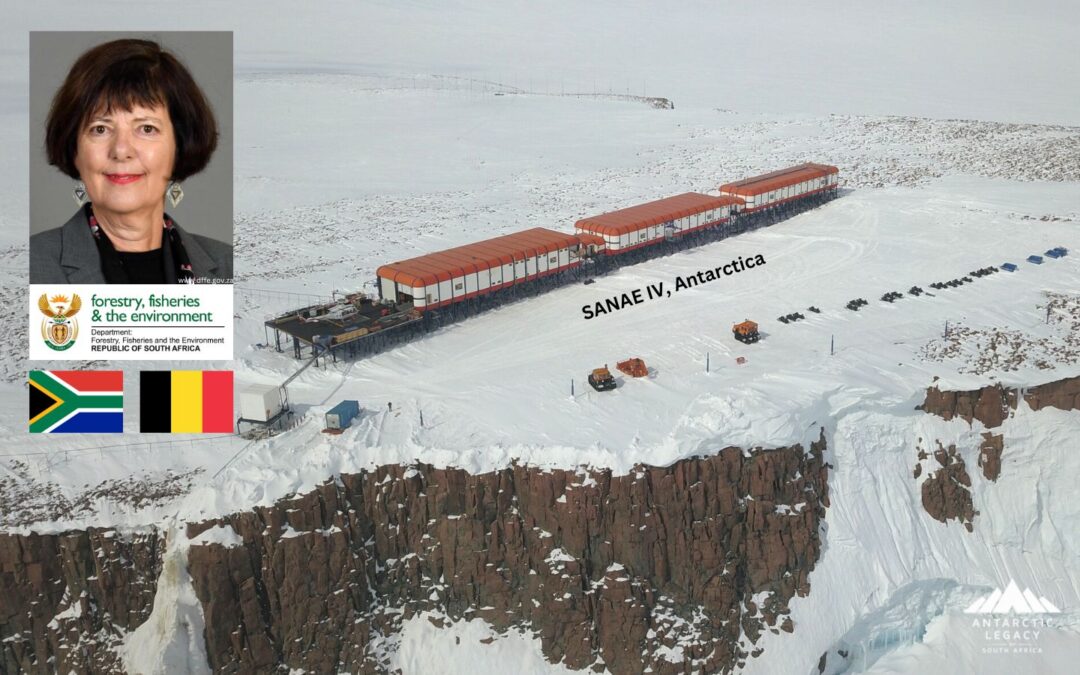
by Ria Olivier | Jan 10, 2023 | Announcement, Antarctica, Current Event, Environment, News, SA Agulhas II, SANAE, SANAE IV, SANAP, Science, Stations
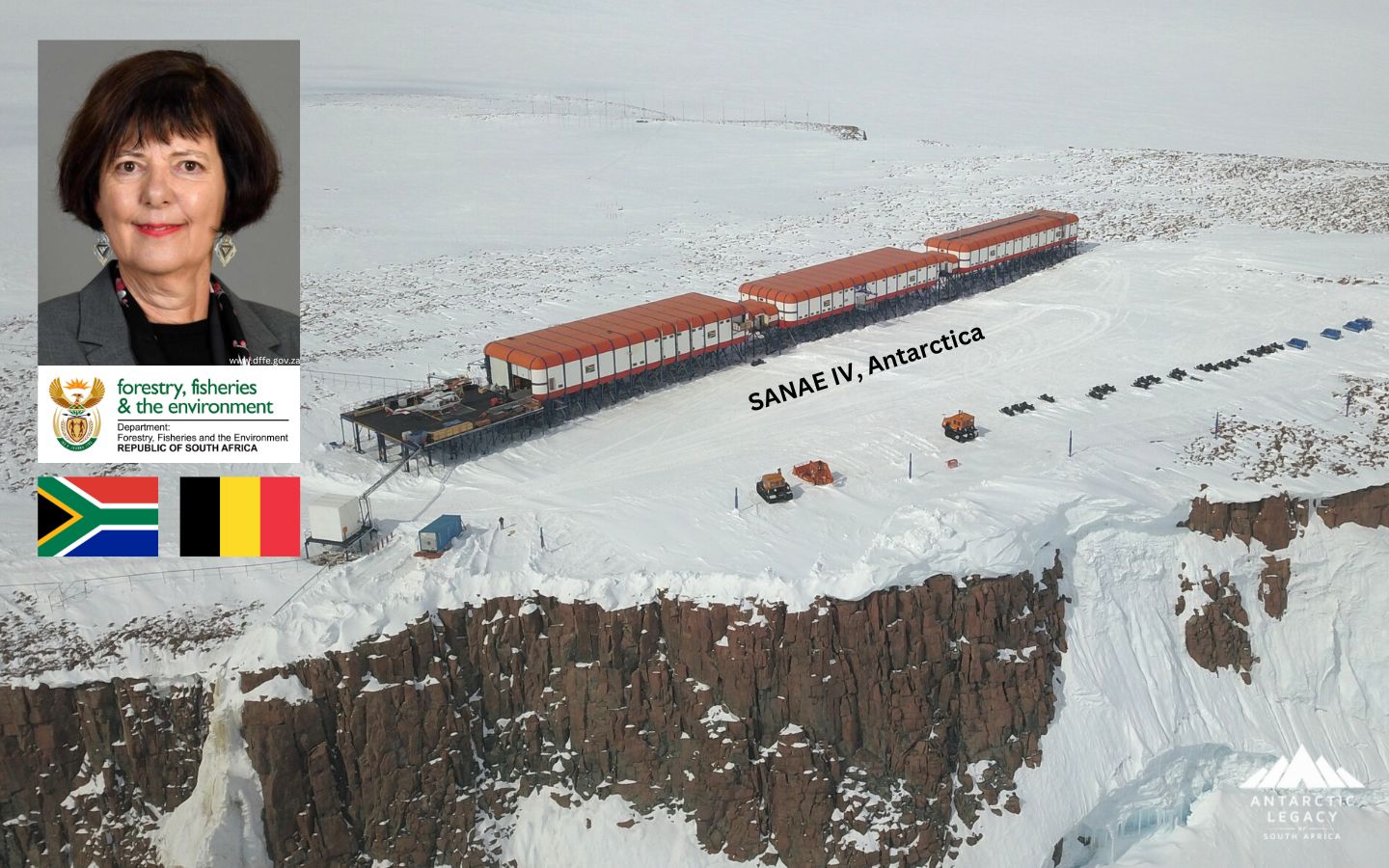
Media Release by the Department of Forestry Fisheries and the Environment
Minister Barbara Creecy visits Antarctica, 9 to 12 Jan
Forestry, Fisheries and the Environment Minister, Ms Barbara Creecy, will on Monday (9 January 2023) visit the Princess Elisabeth Antarctic Research Station as a guest of the Government of Belgium for four days.
The Ministerial visit to the research station is being hosted by the Government of Belgium and the International Polar Foundation, as the operator of the Princess Elisabeth Antarctica under mandate from the Belgian Polar Secretariat.
While at the base the Minister will have an opportunity to learn more about the first zero emissions research station in Antarctica, which has become a showcase for best practice in the use of renewable energies to reduce the environmental impact of operations on Antarctica. The Belgians have expressed their desire to sharing Best Practice to improve the environmental performance of the South African Research Infrastructure in Antarctica.
The Belgian Antarctic Research Expedition (BELARE) uses Cape Town as its gateway.
On Tuesday, 10 January 2023, Minister Creecy will travel from the Belgian base to the South African Antarctic Programme’s Research Station, known as SANAE IV, in Queen Maud Land. At the base, which is managed and administered by the Department of Forestry, Fisheries and the Environment, Minister Creecy will interact with station crew and also inspect the facilities used by the South African scientists. During the visit to the biodiversity hotspot, the Minister will learn about the threats of pollution and research into the human impact on ocean and marine ecosystems threatened by global climate change and earth systems observations.
The S.A. Agulhas II departed Cape Town in December with the team for 2023, also delivering equipment, supplies and fuel.
The department has maintained South Africa’s research presence in Antarctica and the Prince Edward Islands. The scientific data that is collected during voyages is critical to the understanding of amongst other things, the impacts of climate change and weather information associated with extreme events.
The first South African built Antarctic base, a wooden structure, SANAE I, was a Meteorological research station constructed in 1961/62. South Africa has not only maintained an uninterrupted presence in the Antarctic since 1960 but played an active role in the management and conservation of the vast continent and contributed to the pool of scientific knowledge.
MEDIA RELEASE
For media inquiries contact:
Albi Modise
Cell: 083 6490 2871
Ria Olivier, Antarctic Legacy of South Africa, 10 January 2023

by Ria Olivier | Nov 10, 2022 | Antarctica, Environment, Gough Island, International Days, Marion Island, News, Research, SA Agulhas II, Science, Southern Ocean, sub-Antarctic
World Science Day for Peace and Development is coordinated each year by UNESCO on 10 November.
The theme of World Science Day for Peace and Development is Basic Sciences for Sustainable Development. This day is being celebrated within the International Year of Basic Sciences for Sustainable Development, which kicked off on 8 July 2022 (UNESCO).
World Science Day for Peace and Development aims to build a bridge between science and society. This should be an encouragement to all scientific programmes to create an open line for communication between scientists and the public. The public needs to be informed about polar research as “the polar regions are extremely important and connected to the rest of the planet. The polar regions are essential for the health and future of the fantastic planet earth” (European Polar Board Executive Secretary, Dr Renuka Badhe).
Keep an eye out for more information on the Antarctic Season Launch 2022 – providing a platform for discussions between the SANAP scientific community and the public.
Scientific projects within the South African National Antarctic Programme (SANAP) are based on basic sciences (Mathematics, Physics, Chemistry, and Biology). Below we point out some of these scientific projects funded by the National Research Foundation (SANAP-Funding).
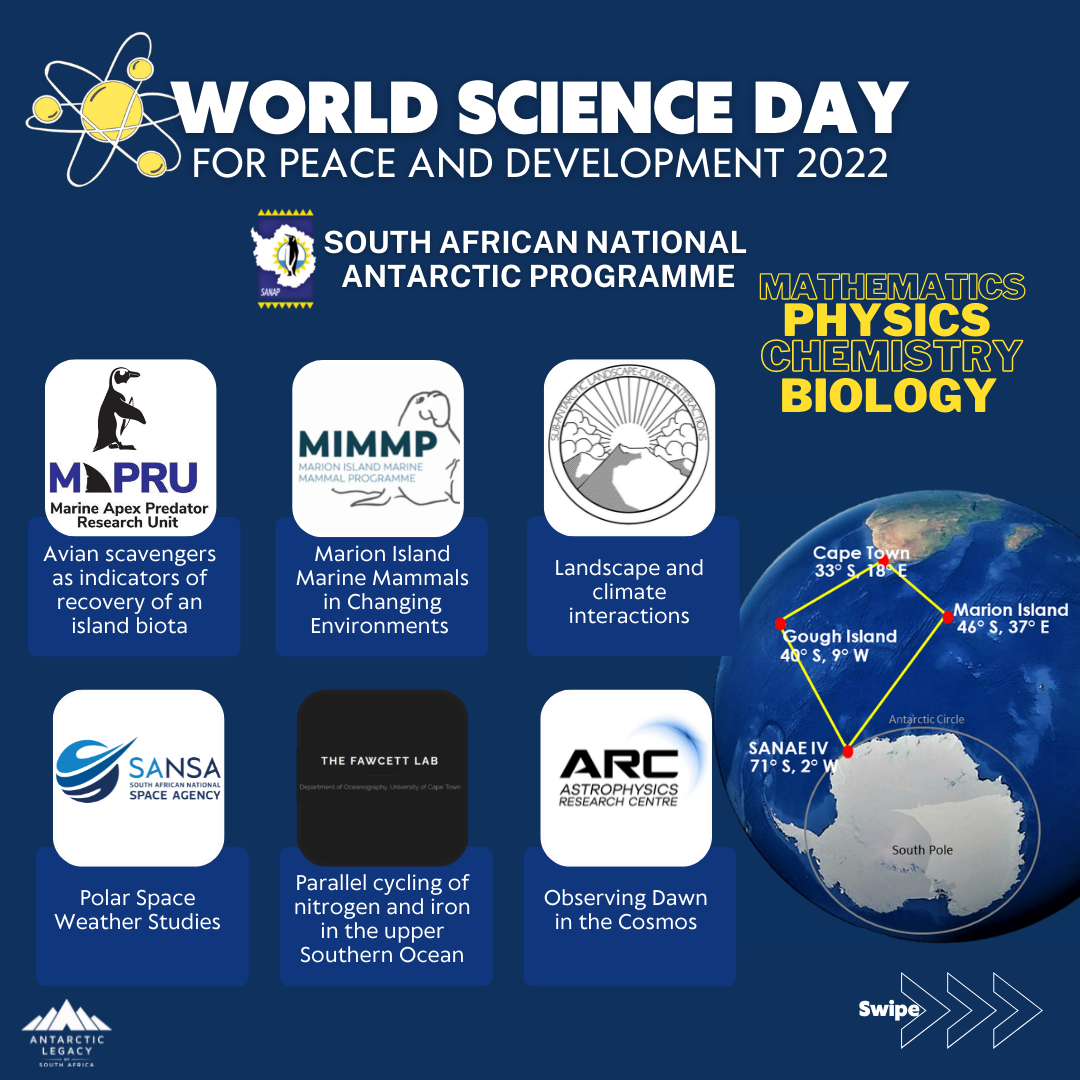
See below a list of all the research projects funded by the NRF-SANAP. These projects will be funded until the end of 2023.
Researchers previously involved in SANAP and those new to Antarctic research from universities not previously involved in SANAP are encouraged to put in a project proposal once the new cycle for applications opened.
View the current NRF-SANAP projects and previous NRF-SANAP projects here.

Anche Louw, Antarctic Legacy of South Africa, 10 November 2022.


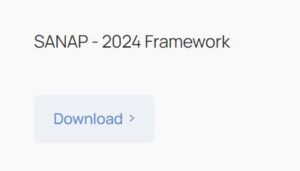
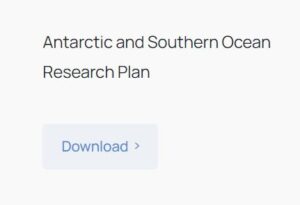
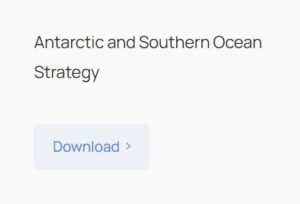
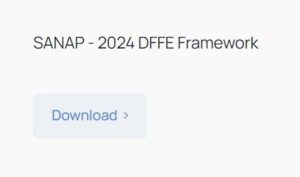
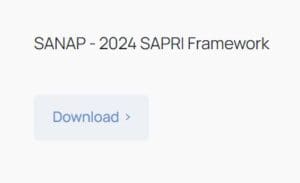
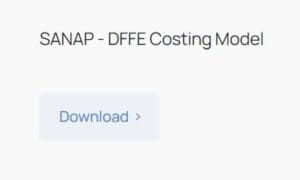
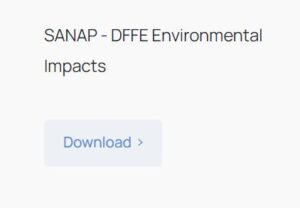
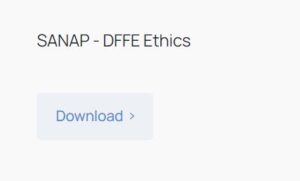
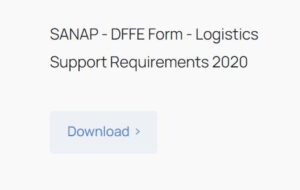
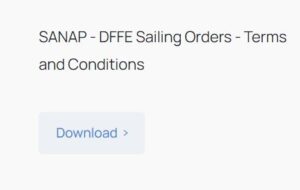
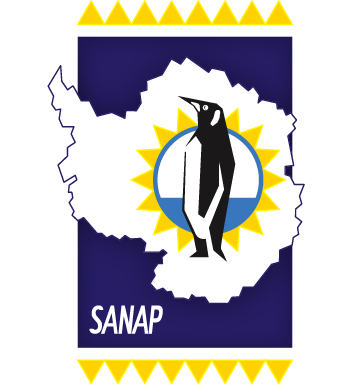







 The Prince Edward Islands was declared
The Prince Edward Islands was declared 




